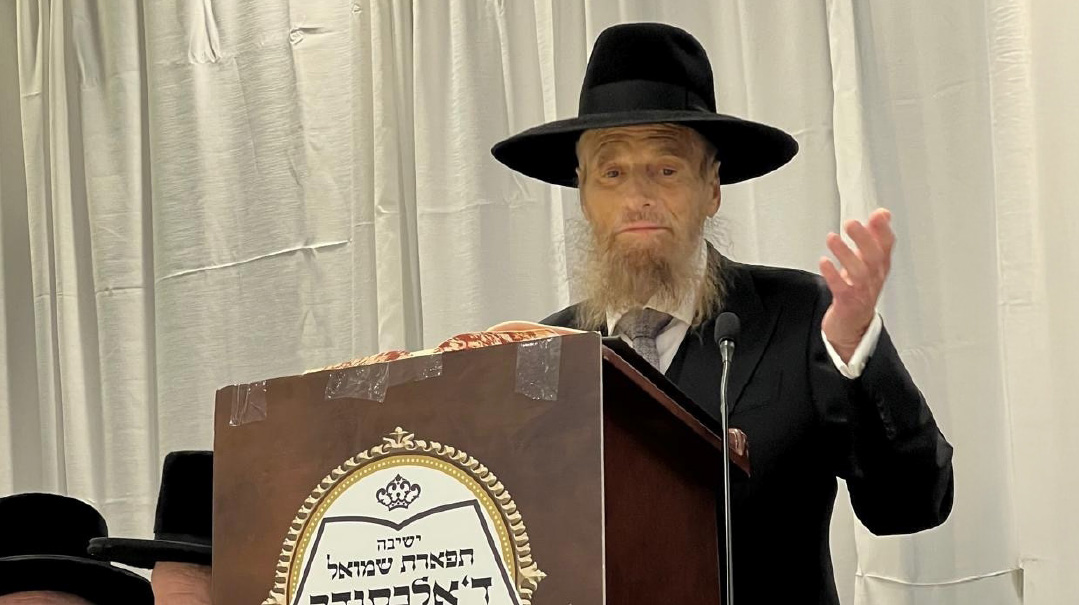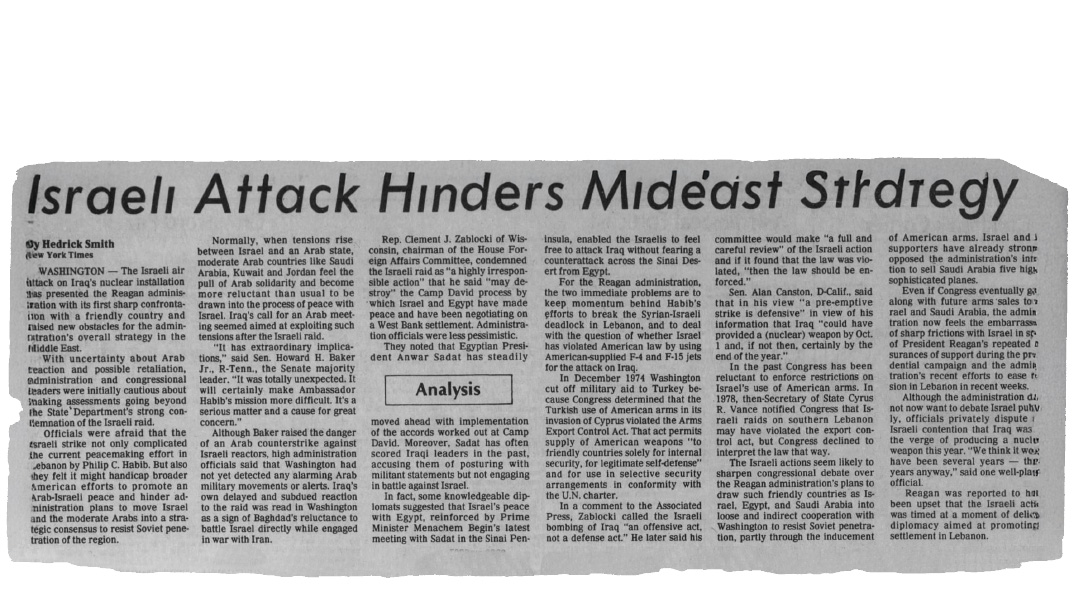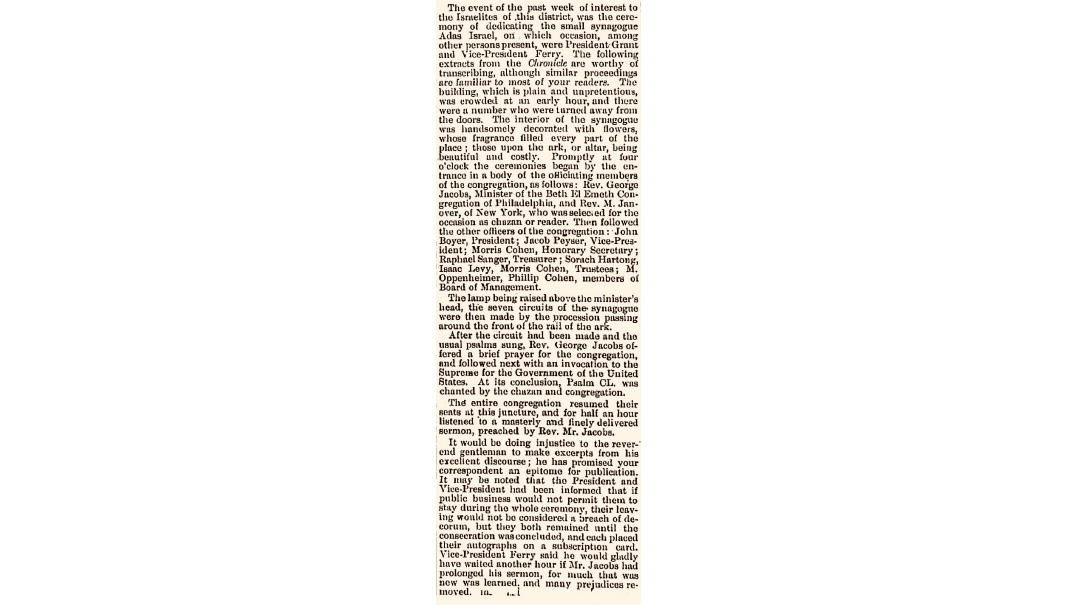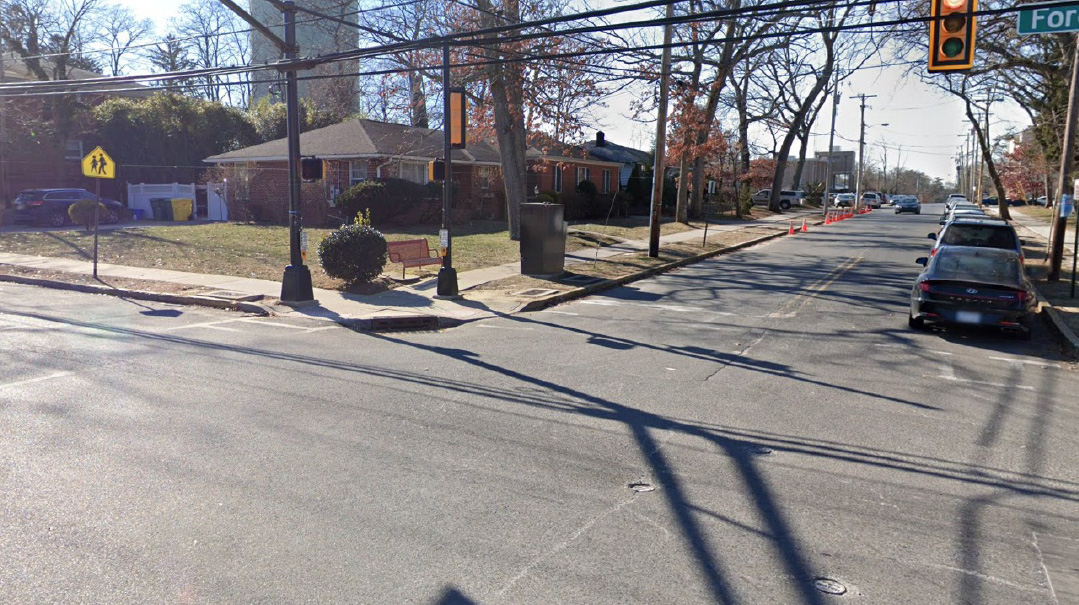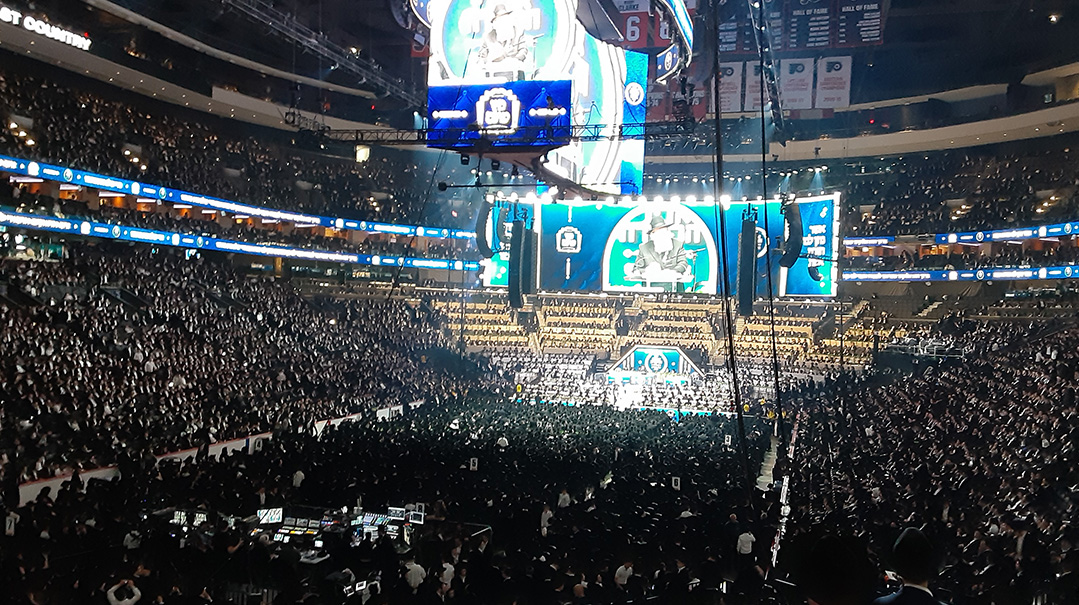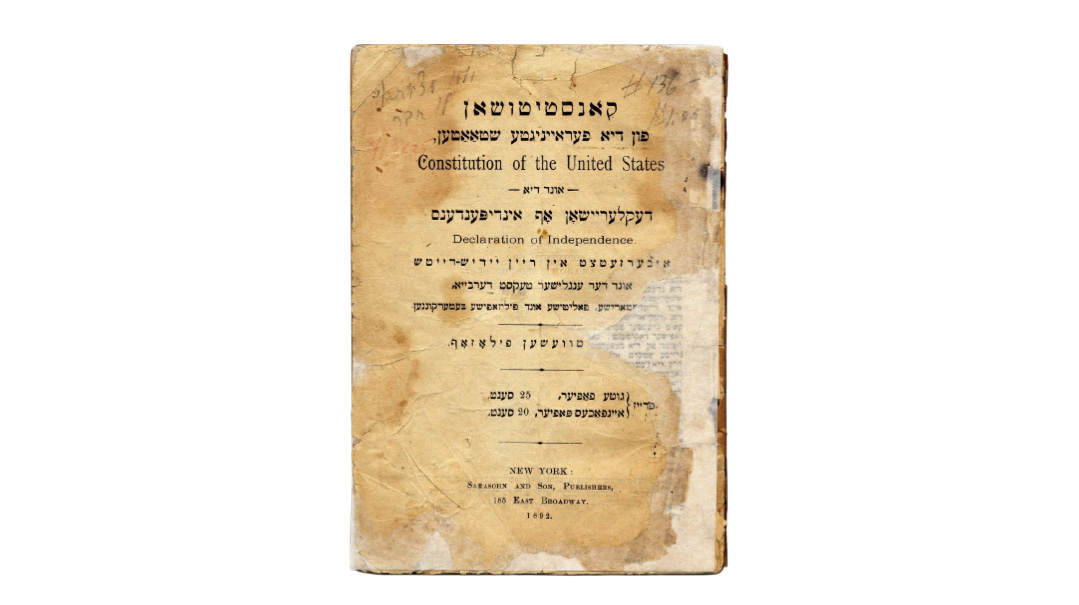Living Higher: Issue 913
| May 31, 2022The passing of a prince
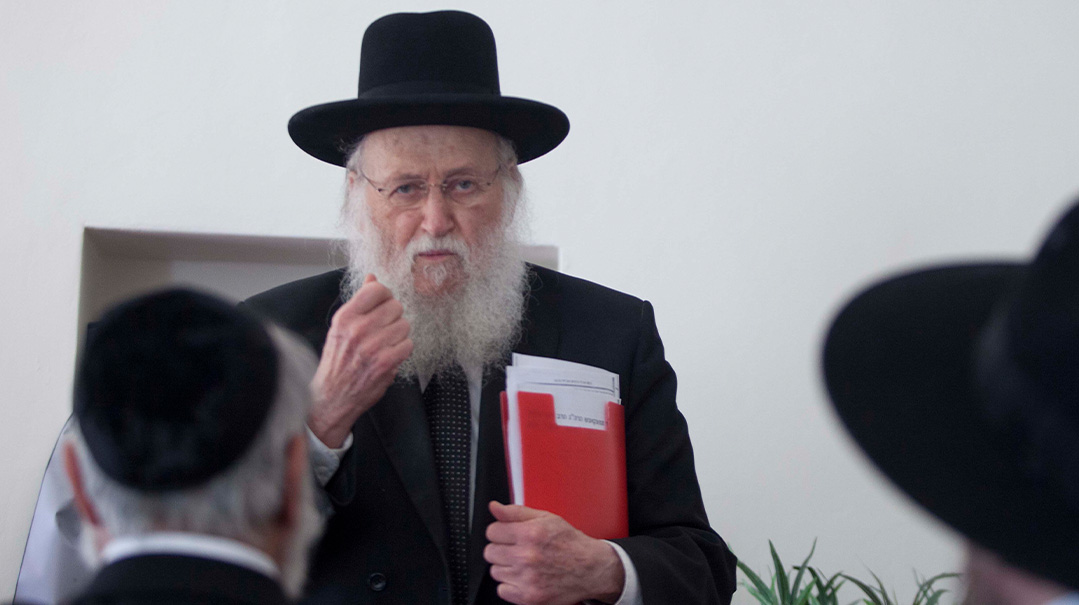
L
ast week, the Torah world lost a prince with the passing of Rav Simcha HaKohein Kook ztz”l, the chief rabbi of Rechovot, nasi of the Meor Hatalmud yeshivah, and in his later years, rav of the Churvah shul in Jerusalem’s Old City. Rav Kook, who was 92 when he passed away, was born into distinguished lineage: His father, Rav Rafael Kook, served as chief rabbi of Teveria, and his mother was a daughter of Reb Simcha Mandelbaum, a generous factory owner who supported many of Jerusalem’s poor. Rav Kook started his career in chinuch when, after his marriage, he first served as head of what would become Boys Town in Jerusalem, and was then called to head the Bnei Akiva yeshivah in Netanya.
Just a few years in, though, tragedy struck: his father Rav Rafael passed away and Rav Simcha prepared to fill his post. However, when rumblings of opposition were detected from certain segments in the city, Rav Simcha immediately withdrew his intent to fill his father’s position — to the delight of his talmidim, who were distraught at losing their rosh yeshivah. Yet just a few months later, tragedy struck again: His brother Rav Shlomo, who was chief rabbi of the young city of Rechovot, was killed in a horrific car crash, along with his wife and two children. This was the post Rav Simcha was destined for and it was in Rechovot that he would have his biggest impact. Rav Simcha saw the job of a rav as spreading as much Torah as possible, and with the backing of Rav Shach, immediately established a yeshivah in memory of his brother. Rav Simcha appointed another, younger brother as rosh yeshivah and took upon himself the financial responsibility of Yeshivas Meor Hatalmud, travelling the world over to ensure the stability and dignity of the yeshivah and its talmidim.
Rav Kook worked tirelessly to strengthen giyur, and creatively fought a plan to install TV screens on city buses, claiming that the proposed amenity discriminated against the blind, an argument the nonreligious Supreme Court accepted. Yet his protests were done not out of spite, but out of support for Torah. Like the time he stormed a city council meeting after the election of Yaakov Sandler as mayor in 1993, when Sandler tried to change the status quo and open entertainment venues on Shabbos. Rav Kook marched up to the microphone and demanded the protection of the honor of Shabbos. The mayor was infuriated and humiliated, yet a few days later, on Friday afternoon, he received a gift, consisting of a silver becher and a tallis. The sender? Rav Simcha Kook. The message on the attached note was clear: What happened was chas v’shalom not out of hatred for you, but out of love for Shabbos.
Yehei zichro baruch.
(Originally featured in Mishpacha, Issue 913)
Oops! We could not locate your form.

